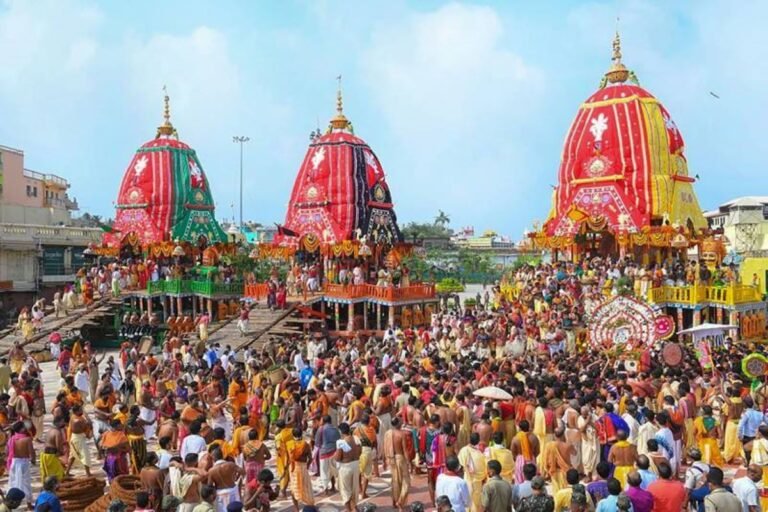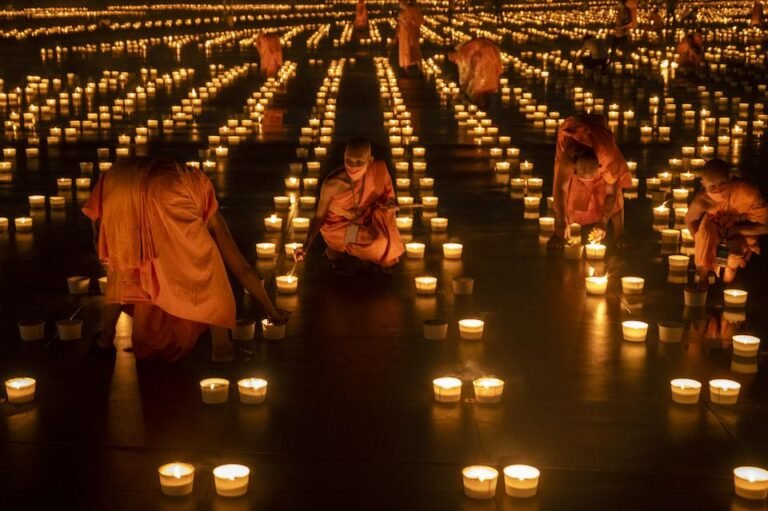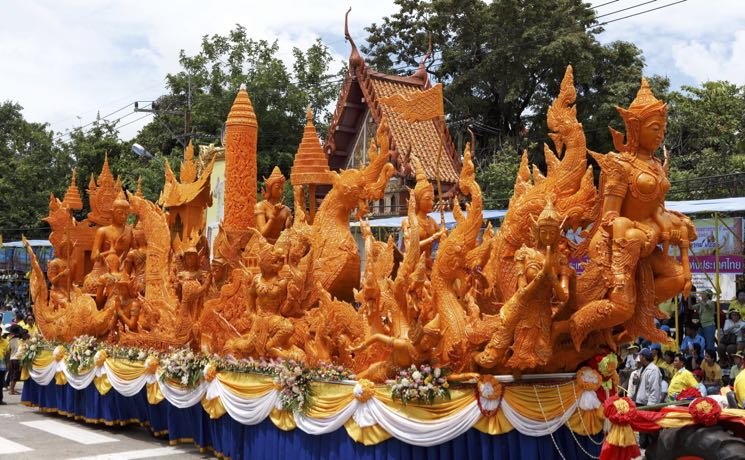Chronos, Kairos and Aion are the three deities of time, events and epic destinies. Here is the multi-religious and multicultural calendar!
Find us on our website Mythology and Legend, on Facebook and on instagram !

The schedule in brief from D-2 to D+5
- July 2, 2024, : Lwiindi-Gonde
- July 4, 2024, : Dree Festival
- July 7, 2024, : Ratha Yatra
The complete interactive calendar
Holidays of the month
July 2, 2024 (1 event)
July 2, 2024

Today the people of Tonga celebrate Lwiindi-Gonde. The Tonga perform rites to thank the ancestors for the first harvests and to ask them for rain for the season. #mythology #myth #legend #calendar #July #onga #Lwiindi
July 4, 2024 (1 event)
July 4, 2024

Today and for 4 days, the Apatanis of the plateaus of North-East India are celebrating Dree. This festival recounts the origins of the people, when Anii Donii and Abba Lii colonize the area and start farming. The festival celebrates various gods to promote future harvests. #mythology #myth #legend #calendar #4July #dree #apatanis #inde
July 7, 2024 (1 event)
July 7, 2024

Today, Hindus celebrate Ratha Yatra. It is the celebration of Lord Jagannath, Lord of the Universe, traveling to his maternal aunt's house. #calendar #mythology #myth 1TP5Legend #RathaYatra 1TP5Hinduism
July 8, 2024 (1 event)
July 8, 2024

Today and for a week, the Sumi people of Nagaland celebrate Tuluni. The word Tuluni comes from a special type of drink known as rice beer which was given in a glass made of bamboo or three plantain leaves. Prayers are offered to the God of Productivity Litsaba for the saving of the crops. #mythology #myth #legend #calendar #July 8 #tuluni #sumi #litsaba
July 13, 2024 (1 event)
–
July 13, 2024
Today, Japanese Buddhists celebrate Shichigatsu bon, the first of the O Bon festivals of the year (Hachigatsu bon in August, Kyu Bon in the 7th lunar month). This holiday originates from the Chinese Ghost Festival, and there are writings dating back over 500 years about how it takes place. Over the years, this religious festival has evolved into a family reunion during which people from big cities return to their hometowns and tend to the graves of their ancestors. A dance festival, Bon odori or “Bon dance”, is traditionally given during these three days. #mythology #myth #legend #calendar #OGood #BonOdori #Japan #July 13 #August 13
July 20, 2024 (1 event)
July 20, 2024

Today, Theravada Buddhists celebrate Asalha Puja. This day marks Buddha's first sermon at the deer park to the first five disciples on the dhamma wheel from suffering to nirvana. #mythology #myth #legend #calendar #bhudda #AsalhaPuja
July 21, 2024 (1 event)
July 21, 2024

Today, Theravada Buddhists celebrate Khao Phansa. This marks the beginning of the Buddhist Vassavasa Lent. They then spend three months in study and meditation in their temples. This retreat is based on an edict from Buddha issued to ensure that monks do not damage crops or accidentally crush insects hidden in floodwaters. #mythology #myth #legend #calendar #Buddha #KhaoPhansa #vassavasa
July 24, 2024 (1 event)
–
July 24, 2024
Today, Tunisians hold the Aoussou Carnival in Sousse. Probably drawing its origins from the Phoenician Neptunalia in honor of Neptune and Ocean, the modern festival only keeps trace of its etymology. Nowadays, it is a parade made up of symbolic floats, brass bands and folk troupes. #mythology #myth #legend #calendar #July 24 #Tunisia #ousse
July 29, 2024 (1 event)
–
July 29, 2024
Today, the Chang Naga tribes of Nagaland celebrate Naknyulum. It was originally a religious ceremony to celebrate their deliverance from darkness. This is why it remains today more than ever a ceremony which applauds the victory of good over evil. This is a symbolic tribute that exercises customary beliefs regarding their history. #mythology #myth #legend #calendar #Nagaland #July 29
Multicultural and multi-religious almanac
An almanac is a calendar showing the main dates of the calendar, the religious holidays, bearing ephemerides such as the phases of the moon or the duration of the days (lunar and solar calendars).
A calendar is a system for marking dates according to time. Such a system was invented by men to divide and organize time over long periods. The observation of the periodic phenomena of the environment in which they lived — such as the daily movement of the shadow, the return of the seasons or the lunar cycle — served as the first references for organizing the agricultural, social and religious life of societies.
The calendar used today in most of the world is the Gregorian calendar. In everyday language, an ephemeris designates what happens daily; the ephemeris of the day is the list of the significant events of this day.